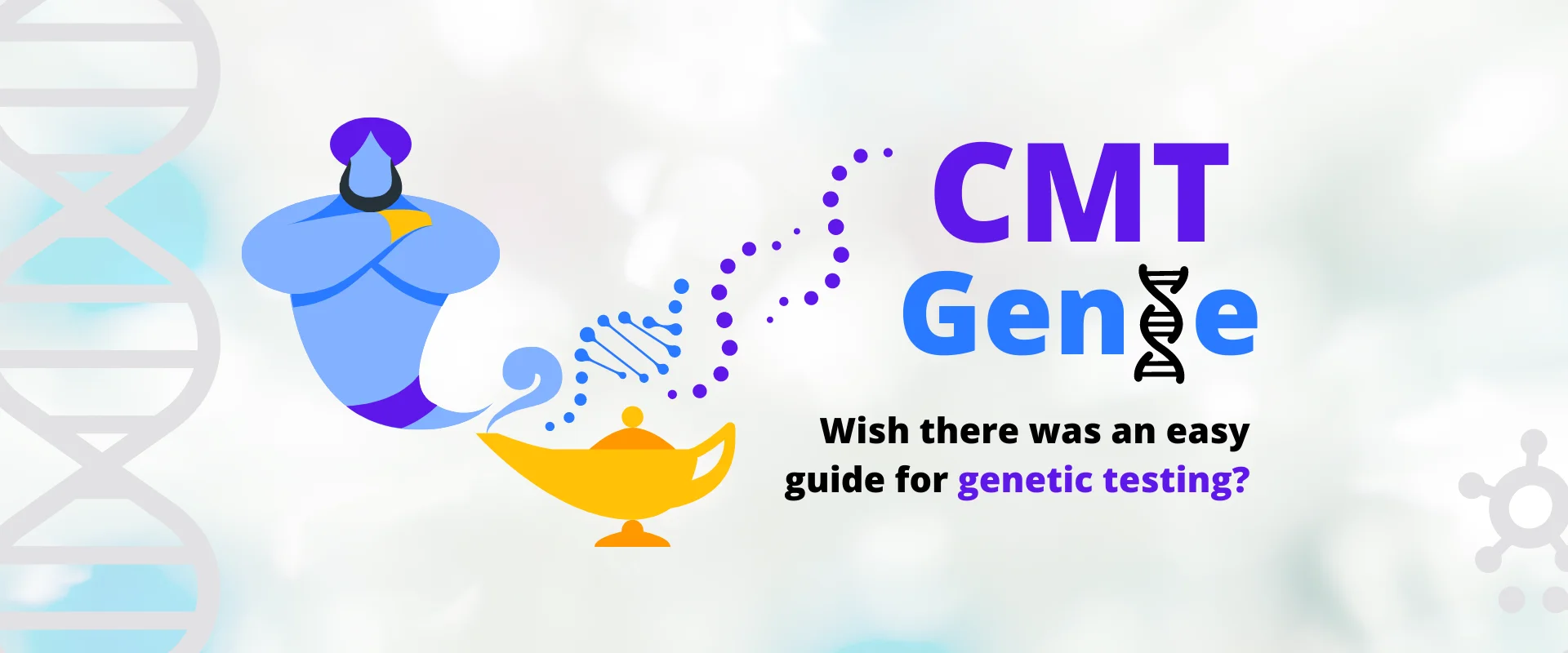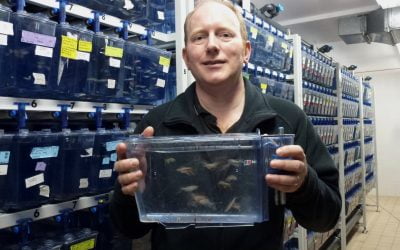Collaborative efforts between researchers, healthcare providers, and patients, facilitated by the Hereditary Neuropathy Foundation, has created a synergy that has accelerated the pace of discovery. Genetic testing not only benefits individual patients but also contributes to the collective knowledge that can improve the understanding and management of CMT on a broader scale.
Clinical Trials are on the Horizon
The landscape of CMT research is evolving quickly – particularly for the most common type, CMT1A. Advances in genetic testing technologies and our understanding of genetic contributions to diseases are influencing the design of clinical trials to target specific patient subgroups for more personalized and effective treatments. Clinical trials are essential for evaluating the safety and efficacy of new treatments, drugs, or interventions. However, the success of a clinical trial depends on recruiting participants who are not only willing but also suitable candidates based on their CMT subtype.
Avoid Neurotoxic Drugs
Without genetic confirmation, patients may unknowingly be prescribed neurotoxic drugs (some as common as antibiotics, vitamins, and antidepressants), which can lead to loss of muscle strength, sensation, mobility, and additional symptoms including pain, numbness, and unpredictable complications. It may take years before the permanent and accelerated decline is associated with a neurotoxic drug.
Early Interventions Can Help
Due to the progressive nature of CMT, early interventions such as bracing, physical and occupational therapy, proper nutrition, and mental health and community support can have a positive impact and, in some cases, slow the progression of comorbidities and loss of function.
Family Planning
Genetic testing plays a crucial role in family planning and genetic counseling. Genetic testing allows for informed family planning decisions, enabling individuals to make choices that align with their values and preferences. Moreover, genetic counseling provides emotional support and guidance for individuals and families navigating the complexities of rare diseases. Genetic counselors help interpret test results, discuss potential implications, and address psychosocial concerns.
ARE YOU READY FOR CMT CLINICAL TRIALS?
- Make an appointment with CMT Genie for genetic counseling and testing
- Join HNF’s patient registry, GRIN and consent to be contacted if you are a match for a clinical trial
- Upload your genetic report to GRIN
- Complete all GRIN surveys






0 Comments